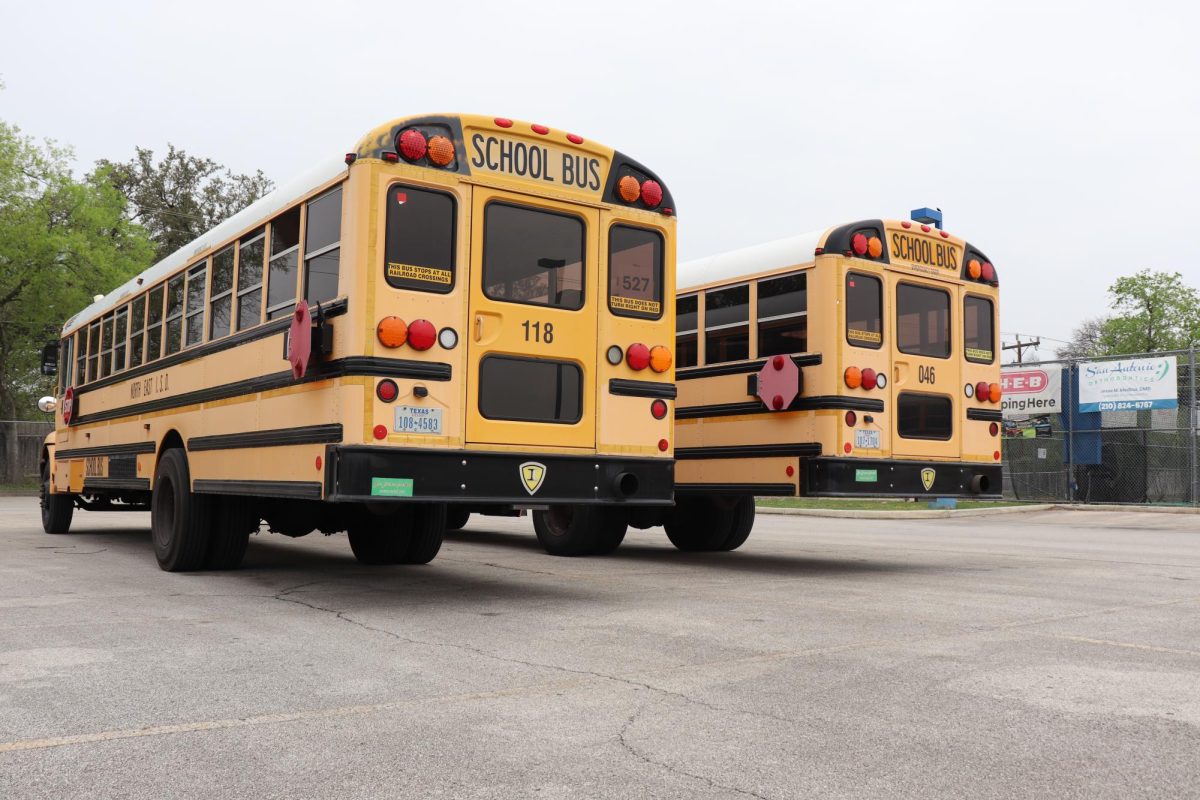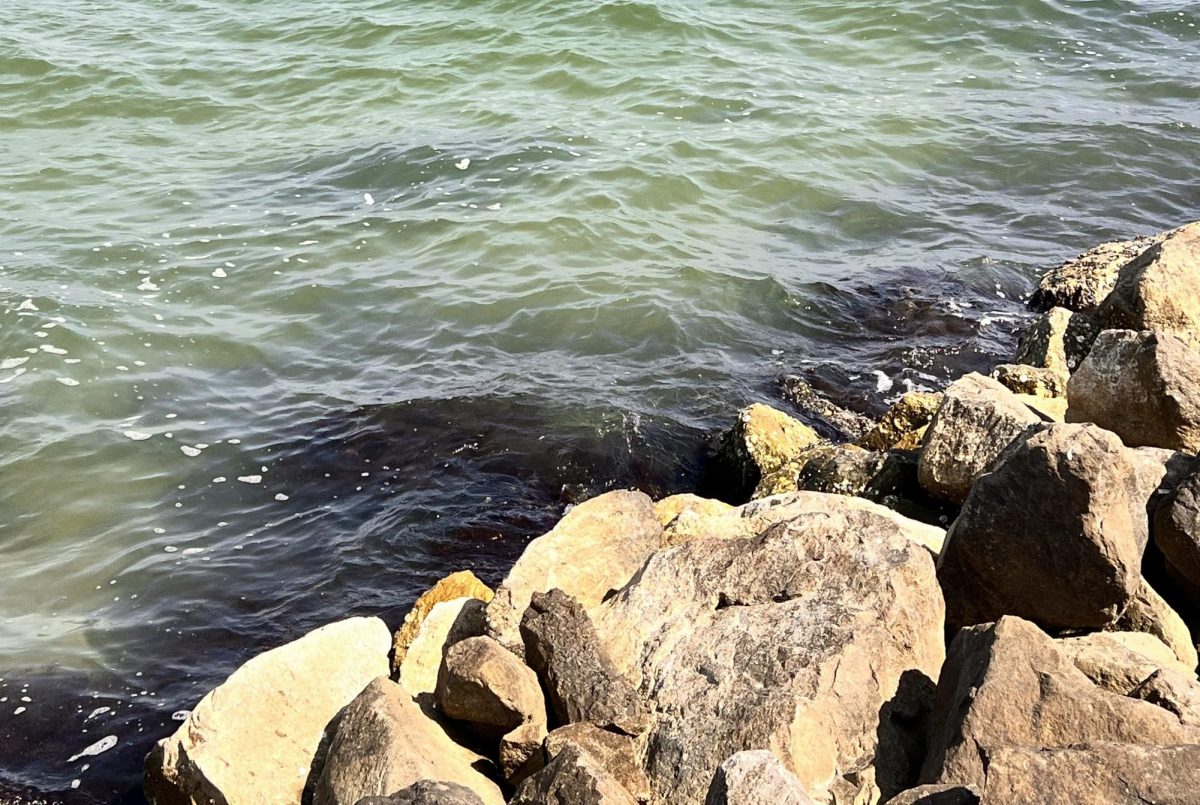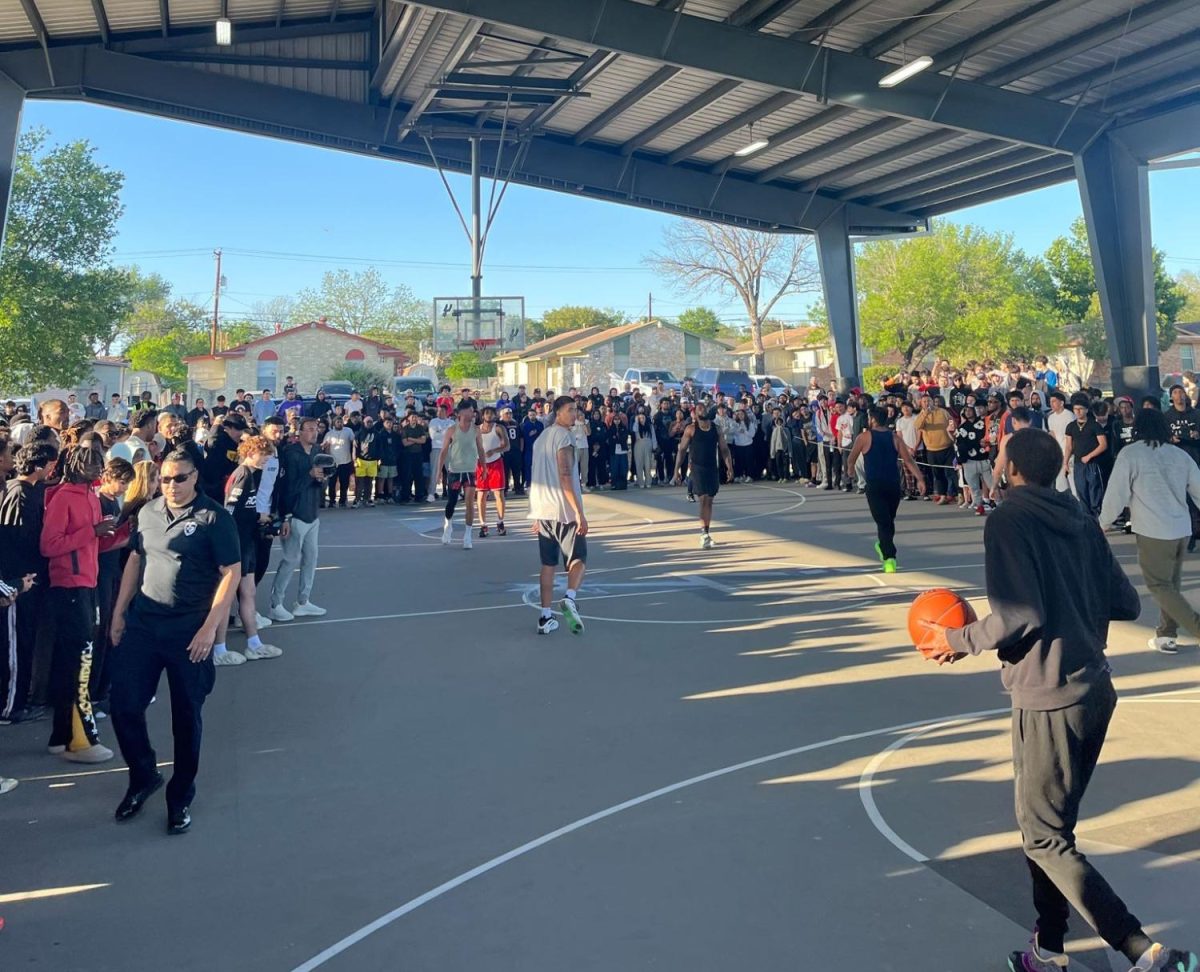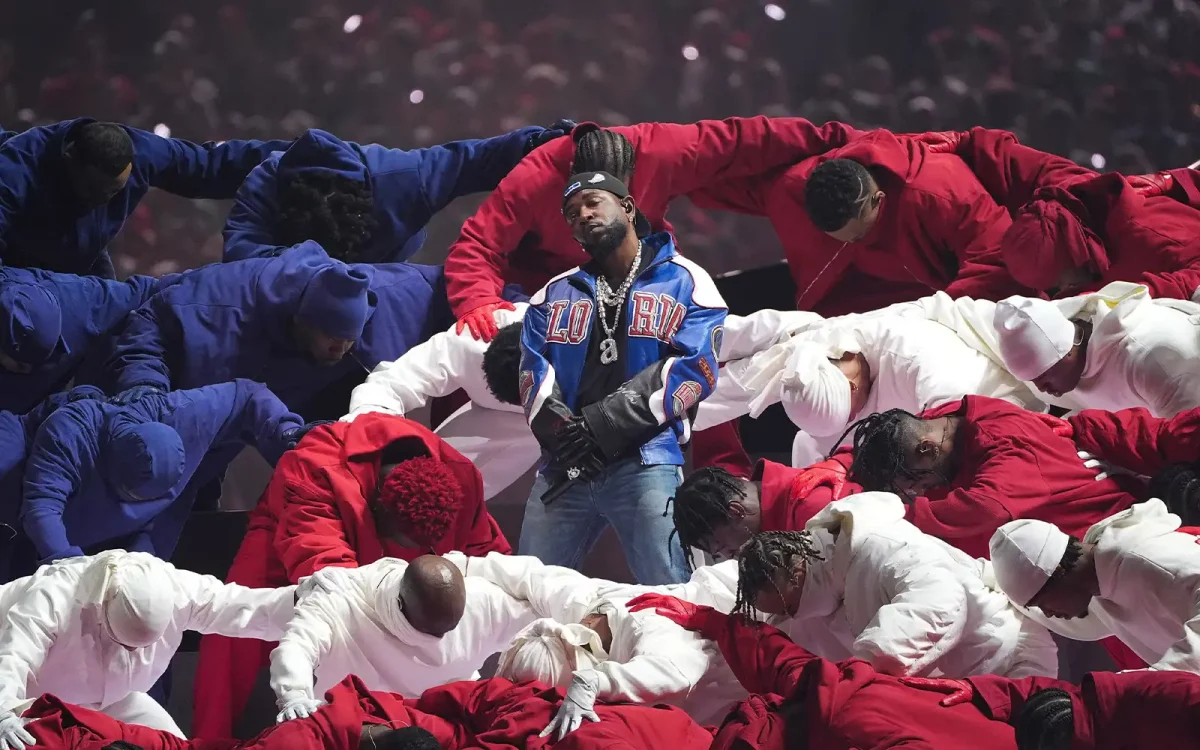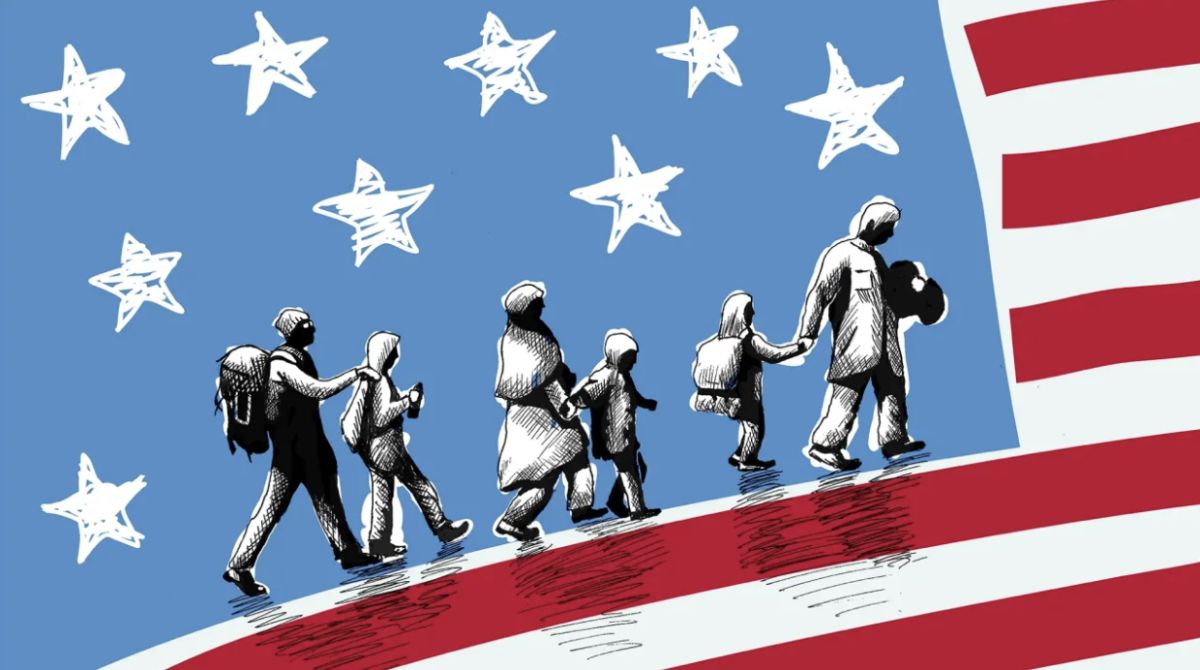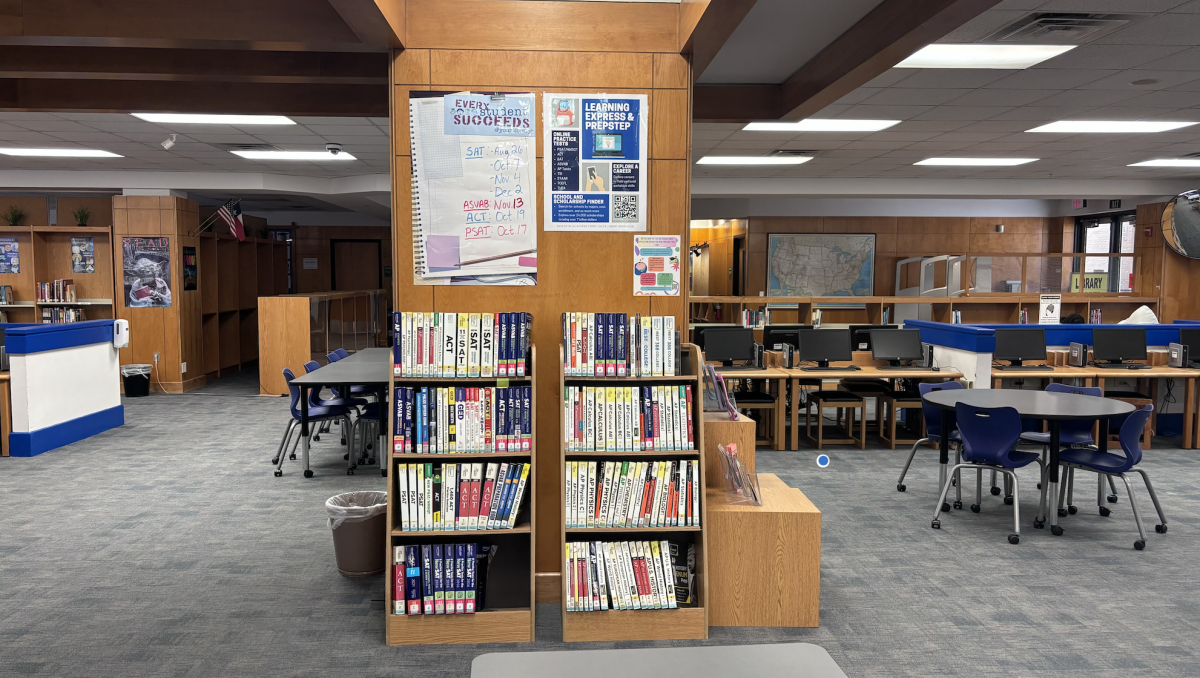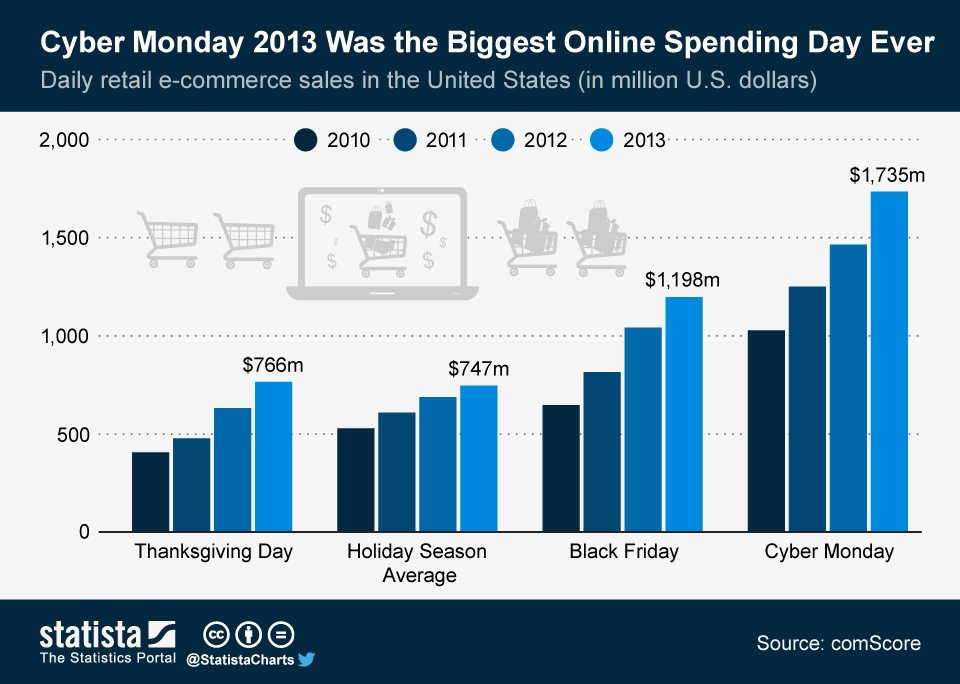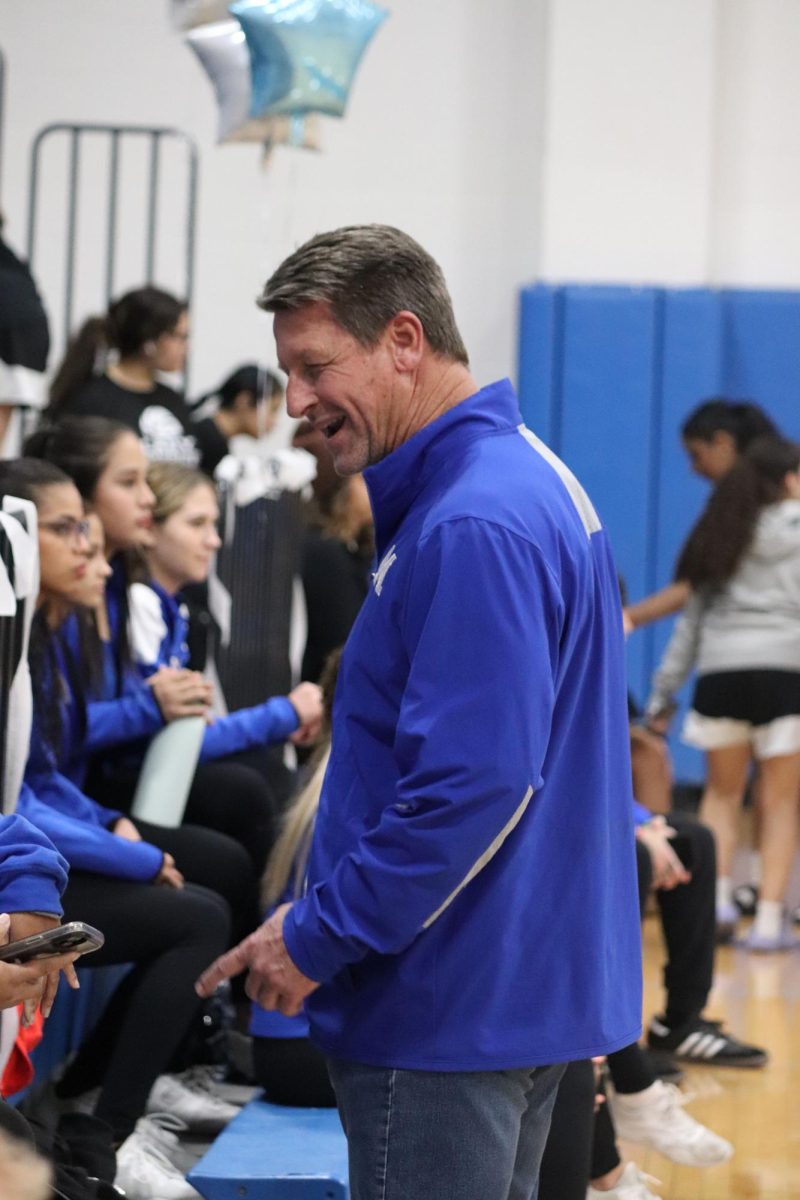The tradition of Black Friday involves a shopping stampede through retail stores, department stores, small businesses and auto dealerships in search of sales on new things only hours after giving thanks. The shopping holiday has began to encroach on Thanksgiving, with stores opening earlier in a vain attempt to avoid the injuries and rare deaths that follow such an adrenaline rush of money spending.
What does this rush of frantic shoppers say about our consumerism? Though still a social taboo, many were more than happy to head to the stores.
Black friday shoppers also seem to be capable of completely horrendous behavior, known as “competitive shopping.” This year, a Wal-Mart shopper in San Fernando Valley, California was pepper sprayed over an X-box gaming console. Another, Walter Vance of Logan County West Virginia, collapsed and later died at a Target in South Charleston West Virginia. The 61 year old man had had heart problems and no one stopped to help him, some even stepping over his body in their rush to the shelves.
The relatively new Cyber Monday follows a few days later with a creative twist- shoppers can snag their merchandise in safety from the comfort of their couch, car or cubicle, buying the items online using their computers, tablets, and phones.
With the amount of money consumers spent on Black Friday, which maxed out at $57.4 billion and averaged at $407 per shopper, one would also expect America to give their wallets a break, decreasing holiday and online spending. However, according to a MarketWatch report, Cyber Monday sales seemed to only skyrocket, about 30% higher than last year.
Cyber Monday seems to also be quickly reviving the credit card. According to the Javelin Strategy and Research Study, credit card use for online sales has increased, and is expected to rise by 63%, compared to just 2% for debit cards.
What do Black Friday and Cyber Monday say about our economy? As of now, very little. The monster sales could mean that, in the midst of slow wage growth, unemployment, and rising prices for education, consumer confidence is growing. However, the last top weekend for spending was 2008, in the depths of a recession. Shoppers could simply be taking advantage of the sales to stretch their Christmas budgets.
